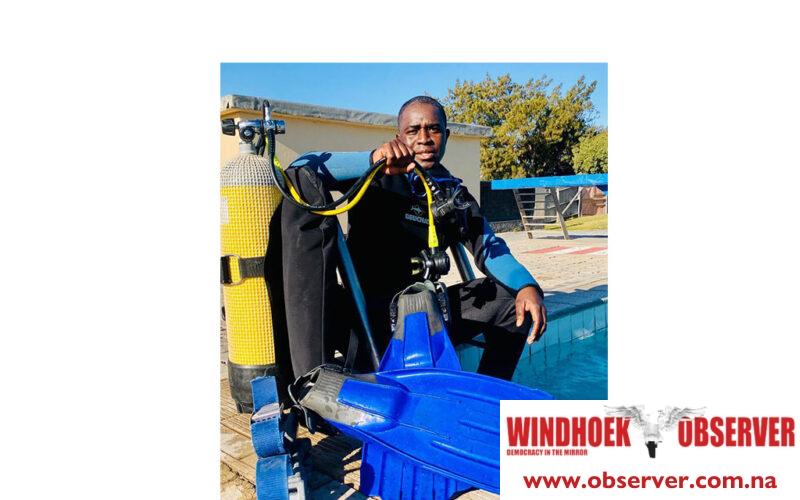Allexer Namundjebo
Private emergency service providers say they are ready to teach Namibians how to swim to prevent drowning cases.
Sean Naude, a licensed lifeguard and founder of the Namibia Marshall Rangers, said he is willing to partner with the government to offer swimming lessons across the country.
“Water safety is our priority. I have assisted in more than 18 drowning incidents in Erongo, and if we can do it there, we can expand swimming education to benefit communities across the country,” Naude said.
Naude said he is also ready to visit schools, especially in flood-prone regions, to teach water safety. His offer comes as the number of drownings continues to rise, especially in northern Namibia, due to recent heavy rains and flooding.
The Oshana Region has recorded 26 drowning deaths in just two months this year. The victims include children and elderly people, according to Oshana regional police commander, Commissioner Naftal Sakaria.
Sakaria said the rise in drowning cases is linked to people swimming without knowing how to do it.
“Many residents go swimming out of excitement but lack swimming skills, which often leads to tragic outcomes,” Sakaria said.
He said earth dams, built to store water, have become popular swimming spots despite the risks. “Our young people often play in these dams with minimal swimming knowledge,” he said.
Sakaria also said alcohol use contributes to drownings.
“People leaving cuca shops late at night sometimes try to cross flooded areas while intoxicated, increasing the risk of drowning,” he said.
He added that fishing in floodwaters has also led to drowning deaths.
Sakaria said all recorded drownings involved people entering the water for leisure or fishing and not due to strong currents.
The police, he said, have trained divers and equipment on standby to assist in emergencies and retrieve drowning victims.
“We have professional divers ready to respond to incidents,” he said.
Marthin Muyenga, founder of Monarch Lifeguards and Emergency Services, also expressed readiness to work with governments, businesses, and organisations to improve water safety and prevent drownings.
“We offer comprehensive programmes that include water safety education and drowning prevention campaigns (theory-based), practical swimming and water rescue training, and diving for body recovery during flood and rainy seasons. We are ready to collaborate with the government,” Muyenga said.
He said their team is experienced, well-equipped, and ready to deploy wherever needed.
“Our proven success, proven impact—we have already broken records in drowning prevention and water safety education in the coastal towns of Walvis Bay and Swakopmund municipalities during our seasonal contact with them in water safety education and lifeguarding,” he said.
He said Monarch Lifeguard stands ready to act once recognised by the public and authorities.
“Together, we can bring an end to drowning tragedies, just as we have done in Walvis Bay and Swakopmund,” he said.
Oshana governor Elia Irimari has urged communities to avoid contact with floodwaters. While public safety campaigns are ongoing, authorities say swimming education and personal caution are key to reducing drownings.




